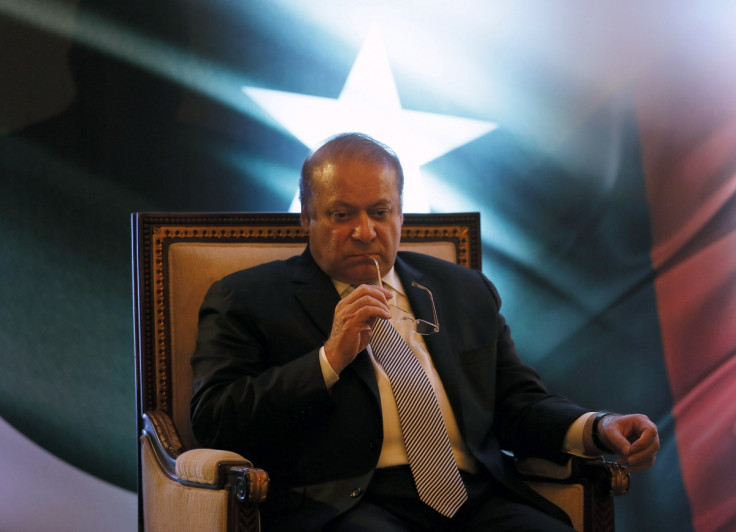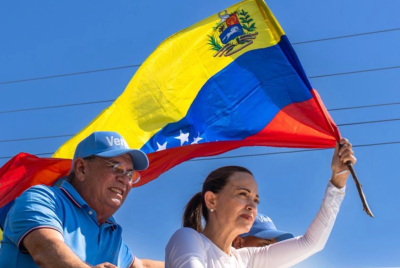Pakistani PM and army chief begin trip to Iran and Saudi Arabia to defuse tension

Pakistan is envisaging playing the role of peacemaker against the backdrop of increasing tensions between Iran and Saudi Arabia. Prime Minister Nawaz Sharif and the country's army chief Raheel Sharif have embarked on a two-day trip, which will take them to both Riyadh and Tehran.
The Sharif duo are attempting to take the lead in bringing the rival Islamic nations to the negotiating table, after the rift between them widened recently following the execution of prominent Shia cleric Nimr al-Nimr. With Iran rejoining the global economy freshly coming out of decade-long sanctions, the Sharifs' visit is being seen as a very crucial one. The presence of the army chief, who recently expressed strong support for Iran, has only added more credence to the tour.
"Prime Minister Muhammad Nawaz Sharif will lead a high-level delegation to the Kingdom of Saudi Arabia and the Islamic Republic of Iran on Jan 18-19 to exchange views on regional and international issues," said a statement released by Pakistan's foreign ministry.
The visit by the Pakistani authorities follows a similar trip to Pakistan made by Saudi Defence Minister Mohammed bin Salman, who is also the deputy crown prince of his country. The Islamabad foreign ministry added: "Pakistan is deeply concerned at the recent escalation of tension between the Kingdom of Saudi Arabia and the Islamic Republic of Iran. The prime minister has called for resolution of differences through peaceful means, in the larger interest of Muslim unity, particularly during these challenging times." It is still unclear where the Pakistani delegation would stay overnight whether in Tehran or in Riyadh.
The recent quarrel between Sunni-inclined Riyadh and Shia-oriented Tehran created an uneasy choice for Muslim nations. The situation has forced them to choose sides between the two oil powerhouses, whose regional rivalry is threatening the entire region. A majority of Pakistan's citizens are Sunni Muslims but it also has a significant Shia population – the second largest after Iran.
© Copyright IBTimes 2025. All rights reserved.






















